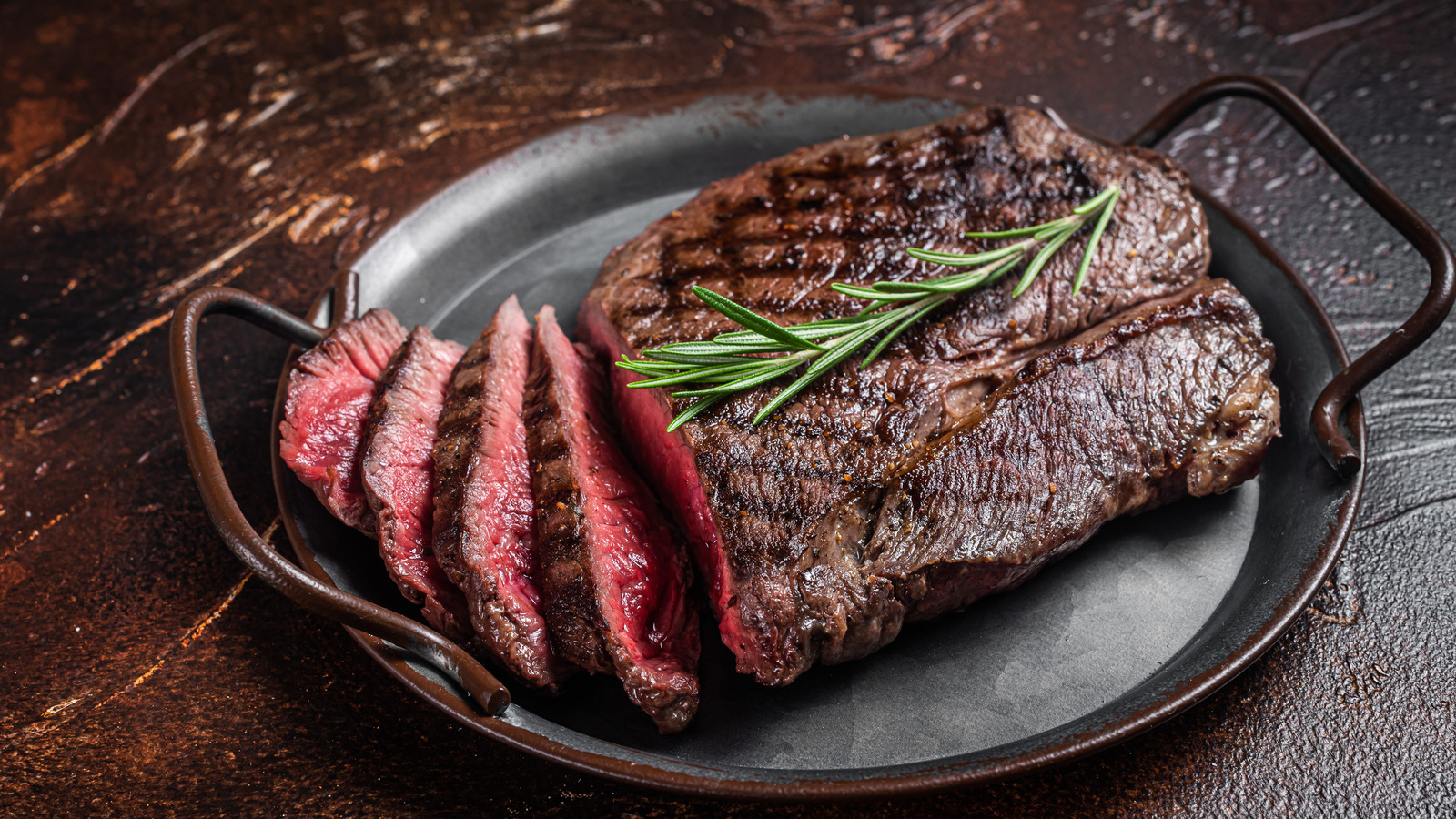ChowderMan
Pizza Chef
" . . . does it work?"
yes, no, sometimes and perhaps.
if you search "tenderize meat with baking soda" it will turn up a lot of hits - most from reputable sites.
the summary of "how it works" varies in detail and actual accuracy - but
- it is a surface treatment
- do _not_ leave it on/soaking for hours/overnight - that is really bad info
- do rinse off the baking soda as a prep step to any other seasoning / cooking
the surface effect is to prevent proteins from tightening up.
- an egg on a hot pan - shrinks up
- fish, most notoriously perch - shrivel/curl when a filet hits the pan
- beef/pork roasts exhibit the same 'shrinking' behavior - which is the source of searing "seals in the juice" myth
imho the technique to keep meats "tender" is
(1) do not cook them at high temperatures
(2) do not overcook.
the best 'everybody done seen this' example is chicken breast. in today's world of mega-chickens, a breast cut can easily be two inches thick. cooked at high temps, by the time the inner bits are done, the outer bits are tough as suede leather.
regrettably, in today's approach of 'instant everything' people wind up with rubber chicken and shoe leather beef....
I'm 'ask we speak' fixing tonight's dinner - chuck pot roast. yesterday I started it - veggies/etc, red wine + water, simmer four hours. today it's warming, where I will fish out the celery and carrots - who have given their all - replace them with fresh celery, carrots and red potatoes (I keep the onions....) - and continue to simmer for four hours.
the chuck cut was heavily seared yesterday - but the long simmer will produce a crust with 'falling off the fork' central meats.
yeah, this is not fast food. but it is really good stuff.
btw, if you go to a nice high end resto, the kitchen staff did not come in at 4PM and fix all the dishes for your table at 6PM ...
just saying . . .
yesterday's start
(oops, message too long . . . you'll have to use your imagination.)

yes, no, sometimes and perhaps.
if you search "tenderize meat with baking soda" it will turn up a lot of hits - most from reputable sites.
the summary of "how it works" varies in detail and actual accuracy - but
- it is a surface treatment
- do _not_ leave it on/soaking for hours/overnight - that is really bad info
- do rinse off the baking soda as a prep step to any other seasoning / cooking
the surface effect is to prevent proteins from tightening up.
- an egg on a hot pan - shrinks up
- fish, most notoriously perch - shrivel/curl when a filet hits the pan
- beef/pork roasts exhibit the same 'shrinking' behavior - which is the source of searing "seals in the juice" myth
imho the technique to keep meats "tender" is
(1) do not cook them at high temperatures
(2) do not overcook.
the best 'everybody done seen this' example is chicken breast. in today's world of mega-chickens, a breast cut can easily be two inches thick. cooked at high temps, by the time the inner bits are done, the outer bits are tough as suede leather.
regrettably, in today's approach of 'instant everything' people wind up with rubber chicken and shoe leather beef....
I'm 'ask we speak' fixing tonight's dinner - chuck pot roast. yesterday I started it - veggies/etc, red wine + water, simmer four hours. today it's warming, where I will fish out the celery and carrots - who have given their all - replace them with fresh celery, carrots and red potatoes (I keep the onions....) - and continue to simmer for four hours.
the chuck cut was heavily seared yesterday - but the long simmer will produce a crust with 'falling off the fork' central meats.
yeah, this is not fast food. but it is really good stuff.
btw, if you go to a nice high end resto, the kitchen staff did not come in at 4PM and fix all the dishes for your table at 6PM ...
just saying . . .
yesterday's start
(oops, message too long . . . you'll have to use your imagination.)
Last edited by a moderator:




